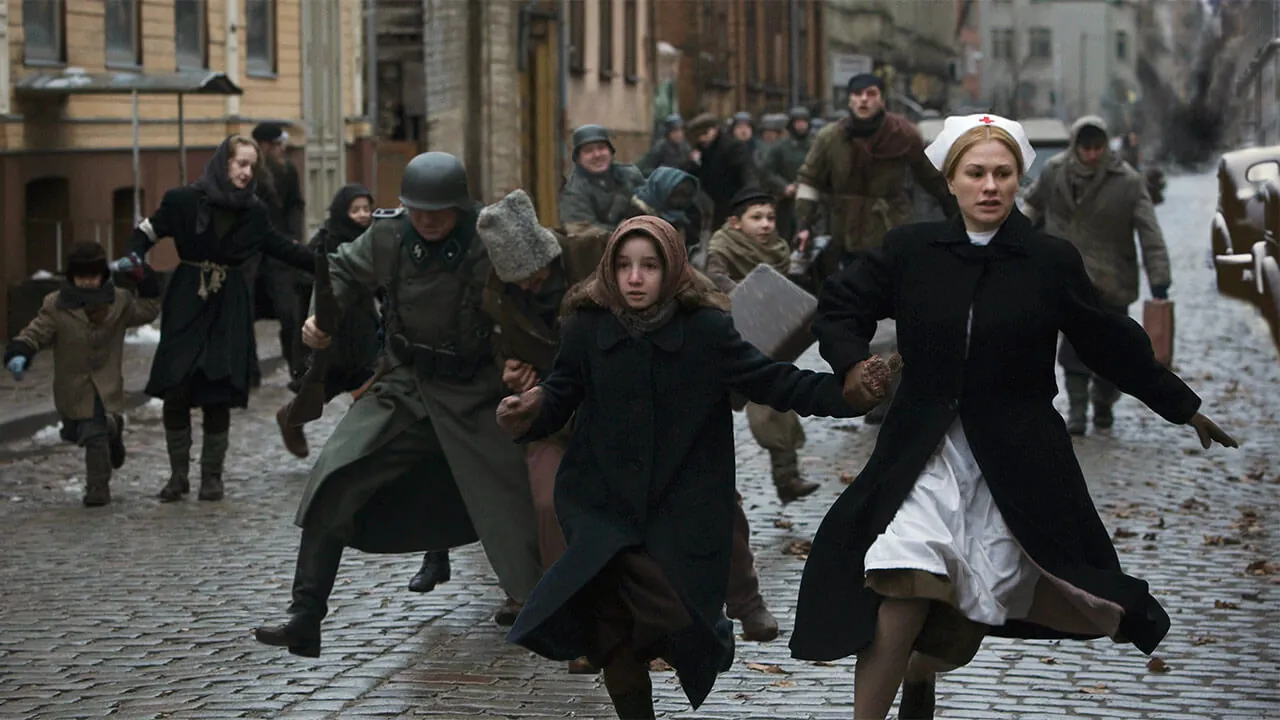
gen·tile [jen-tahyl] Of or pertaining to any people not Jewish.
Being a “Gentile” often seems so unappealing when you look at the Scriptures. Numerous verses warn the Jews not to “pray like the Gentiles” (Matt. 6:7) or not to “treat each other like the Gentiles do.” (Matt. 5:47) And yet, since the early days of the Hebrew race, strategically-placed Gentiles have been the difference between life and death for some of our most revered Bible heroes. Had it not been for these individuals’ often split-second decisions to protect the lives of an Israelite, who is to say Israel’s history would’ve been the same?
In ancient times, these unsung heroes were known as “God-fearing Goyim.” In modern times, we call them “Righteous Gentiles.” These were people who used their status as non-Jews to save the lives of many Jewish people from Nazis and other arch-enemies. And while WWII is more commonly known for its tragedy and the silence of the Church, there were many Gentiles behind the scenes risking their lives to save Jews.
Some of these heroes hid Jews in their secret rooms and provided them with food and basic needs. Others hired them for “special skilled jobs” they insisted only Jews could do. And still others slipped into the ghettos themselves to rescue as many Jews as they could. It is sobering to consider the life of stability and security these Gentiles gave up to save the lives of strangers of a different race. The stories are both heartwarming and heart wrenching.
Some stories have been immortalized in movies like Schindler’s List and The Hiding Place. Other stories have become famous for the lack of recognition granted to the heroes—like in the case of Irena Sendler.
In 2007, Irena was said to have been nominated for the Nobel Peace Prize in honor of her courageous work that saved thousands of Jews from the “Final Solution” of the mighty Third Reich. She lost the nomination to Al Gore, who received the prize for making a movie about the weather. Irena died the following year at the ripe old age of 98. In the end, it was the loss of the Nobel Peace Prize that sparked outrage and caused her story to earn its rightful place in commonly learned history.

Irena
Irena Sendler was a Polish Christian who studied to become a social worker at the Warsaw University. When the Germans occupied Poland in 1939, she became part of an underground movement and even recruited many of her friends to help save Jewish children from the Nazis. Since social workers were not allowed in the ghettos, Irena obtained fake documents and passed herself off as a nurse.
With this newly-found access, Irena smuggled in clothes, food, and medicine to the children. Upon finding out that many of the children she was caring for had death sentences, she knew she had to smuggle the children out of the camps.
Irena would hide children in bags and even coffins in the back of her vehicle. The babies she would fit into the bottom of her toolbox. She would often sedate the babies to keep them from crying and had a vicious dog who was trained to bark at Nazi guards when they would come up to inspect the vehicle.
Her underground network also smuggled children through secret underground passages. Escapes were often planned down to the second. One of the boys Irena helped rescue recounted how he hid beside a gate one night. When a Nazi guard passed by, he counted to 30 and made a run for a manhole in the middle of the street. The manhole opened exactly as the boy reached it, and strong hands emerged to help him down into the sewer. From there, he was taken through a network of pipelines to a safe place.
When the children were rescued, Irena had the children memorize new non-Jewish identities and placed them in monasteries or adoptive families. She kept a record of all the children and their true identities and hid the record in a jar under a tree in her friend’s yard. Her hope was to reunite them with their families after the war, or at the very least, find them and restore them to their true Jewish identities. Sadly, most of the children’s families did not survive the concentration camps. Irena and her friends rescued over 2,500 children and 500 adults.
Irena was eventually caught by the Gestapo. The Nazis ruthlessly tried to get information from her about the underground movement and the whereabouts of the children she had freed. After much torture, including the breaking of her legs and feet, the Nazis realized she would not speak and sentenced her to death. Miraculously, just before her execution, a Gestapo officer entered her cell and told her he had accepted a bribe from her comrades. He explained he would list her as executed and that she was free to go. Upon her release, she went into hiding since her cover was blown. However, she continued to work with the movement until the end of the war.
Because of the risks Irena took, thousands of Jewish souls slipped through the fingers of their would-be murderers. Of course, Irena was not the first Gentile to play a role in the fight for the survival of the Jewish people.

Chosen to Help the Chosen
When you consider the history of Gentiles who gave succor and protection to the children of Israel, sometimes they seemed to walk boldly into this role; other times they seemed completely unaware of the importance of their actions. Quite often, their act of kindness also proved to be a significant turning point in their own lives.
When the children of Israel cried out to God in Egypt for a deliverer, God sent them Moses. But Moses could not have achieved his destiny were it not for the Pharaoh’s daughter, who would use her position in the palace to rescue him from the death sentence her father had handed down to Hebrew boys. Even when Moses was fully grown, his well-intentioned but foolish act would drive him out of Egypt—into the hands of a loving Gentile African family in Midian. Remove any of these important elements, and you would have had God thinking up another plan to get the children of Israel out of Egypt.
When God finally rescued the children of Israel from Egypt, He promised them a land flowing with milk and honey. However, that land was full of idolatrous people. The children of Israel were thus instructed to destroy everything—beginning with the city of Jericho. Enter Rahab the harlot, a godless woman who was given a once-in-a-lifetime opportunity to side with the people of Yahweh. Her quick thinking of hiding and getting the spies out of the city was an important part of Israel’s conquering of the land God gave them. In protecting the Israelite spies from the King of Jericho, she saved her life and those of her family members. Not only that, the life she would now lead would be one of a hero. Centuries later, she would be immortalized in the Hall of Faith of Hebrews 11, and mentioned in the genealogy of Yeshua.
Gentiles Saved the Jewish Messiah
Every year when December rolls around, as Gentiles around the world celebrate Christmas, both Messianic Jews and Christians can thank God for the Gentiles who saved the One who would save the world! How different would the story of Yeshua be if the wise men had given away His location to the jealous King Herod?
It’s odd at first when you consider these men are, in essence, praised for their ability to read stars (and their ability to spot a king with nefarious intentions). What else in the Bible epitomizes wisdom like Gentile men who figure out who the King of the Jews is before the Jewish people themselves? Later, when Joseph obeys the angel in his dream and flees to Egypt with his family, this Gentile country as a whole plays a role in protecting Israel’s Deliverer. Egypt becomes Yeshua’s safe haven for several years—just as it had been for Moses.
Sure, we say, “Well, the Lord protected Yeshua. He had a plan.” True. But righteous Gentiles should be given credit for making a conscious decision to stand on the side of God’s plan.
If you read the background stories of some of the people just mentioned, you will see many of them helped the children of Israel not because they were so impressed by the Israelites themselves, but because they honored the God of Israel.

Can You Be a Righteous Gentile?
There are key moments in Jewish history where God’s plan requires the listening ear of a Gentile. Sometimes, it is a servant like Hegai who, for some reason gave Esther the best resources he could offer as well as tips on how to please the king (Esther 2). Sometimes it is someone in a powerful position like Cyrus, King of Persia, who heard the voice of the Lord instructing him to allow the people of Israel to return to Jerusalem and rebuild the temple after years of exile (2 Chronicles 36).
Sometimes, bringing about God’s agenda takes more than one person or entity. Some 100 years ago, the British Empire heard the voice of the Lord and stated in the Balfour Declaration that Jews should return to their homeland. This measure received incredible backlash from surrounding Arab tribes. So for years, the vision sat on the table without action. It would take an additional man of power—United States President Harry Truman—to pick up the baton and push for a UN vote to recognize an independent Jewish state.
From the lowest servants of communities to the highest rulers of nations, Gentiles from around the world have played their part in bringing about God’s plan through the Jewish people.
God chose the Jewish people to be an example and a model of His intention to dwell among all mankind. God’s desire was to demonstrate that His promises and blessings could work for an entire nation that followed Him and thus woo all nations to Himself. In reality, if not for the Gentile nations, there would be no reason for God to choose Israel. Israel was chosen to be God’s representatives—His showcase prototype.
Historically, God’s blessing was manifested in Israel by their possession of a fruitful homeland and the dwelling place of the presence of God in the Temple. However, when Israel rejected God and was exiled, centuries of Jews would live and die without seeing either. Living away from their land in exile and under pagan rule made it hard for God’s people to fulfill their role of advertising God and His blessings. It was during this time of difficulty for Israel that righteous Gentiles took the message of the one true God of Israel to the four corners of the globe.
Then when it was time for Israel to return to her homeland after 2000 years of exile, an almost unknown man named William Hechler was a key factor in helping Theodore Herzl become the Father of Modern Day Israel. (Read more about his fascinating story in the April 2018 Maoz Israel Report.)

Credit: Wikipedia
God has always counted on Gentiles being a part of His plan for Israel. His plan hasn’t changed. He still counts on His redeemed Gentiles to work alongside Him and make Himself shine through Israel. To realize that God has been able to use the Jewish people, a very small, insignificant and often unqualified group of people to show His greatness, only solidifies that Israel’s success is all His doing.
We are in this journey together, Jew and Gentile. As in a marriage, we each have our distinct roles, yet we complete each other in so many ways. So, to all of you Gentiles whose ancient forefathers helped save my people in one way or another, what an awesome heritage you have! And to all of you who have personally accepted the call to help Israel become a praise among the nations in our day, I would like to say, THANK YOU.
This month we’re highlighting:
Israeli Youth Discipleship Programs
You can join us in strengthening future leaders in Israel by supporting Lech Lecha. Lech Lecha is a three-month discipleship program for young Israelis during the critical period of their lives after finishing their military service. They are equipped with a strong foundation in their faith as well as practical life skills that will help them succeed throughout their adult lives.
The Lech Lecha program has almost twice as many applicants for the next cycle. Somehow the current difficult circumstances have caused more young people than ever to want to clear their schedule and go deep with the Lord.
We don’t want Lech Lecha to have to turn anyone down for lack of budget and you can have a say in the matter! Our goal is to raise $20,000 to help with the cost of this next session of training and teaching.

Israel and Ishmael Tour Mission
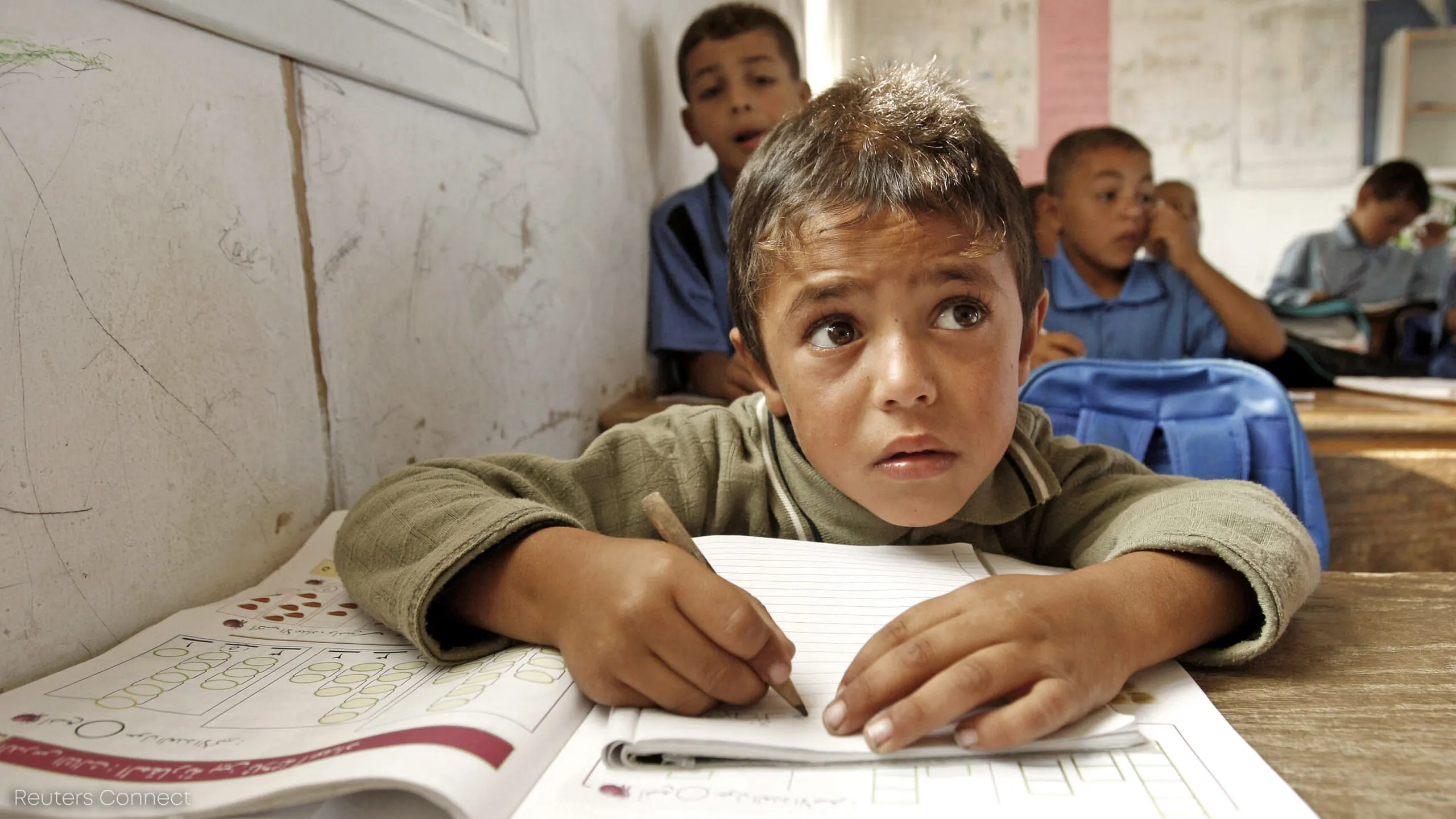
No Child Left Behind
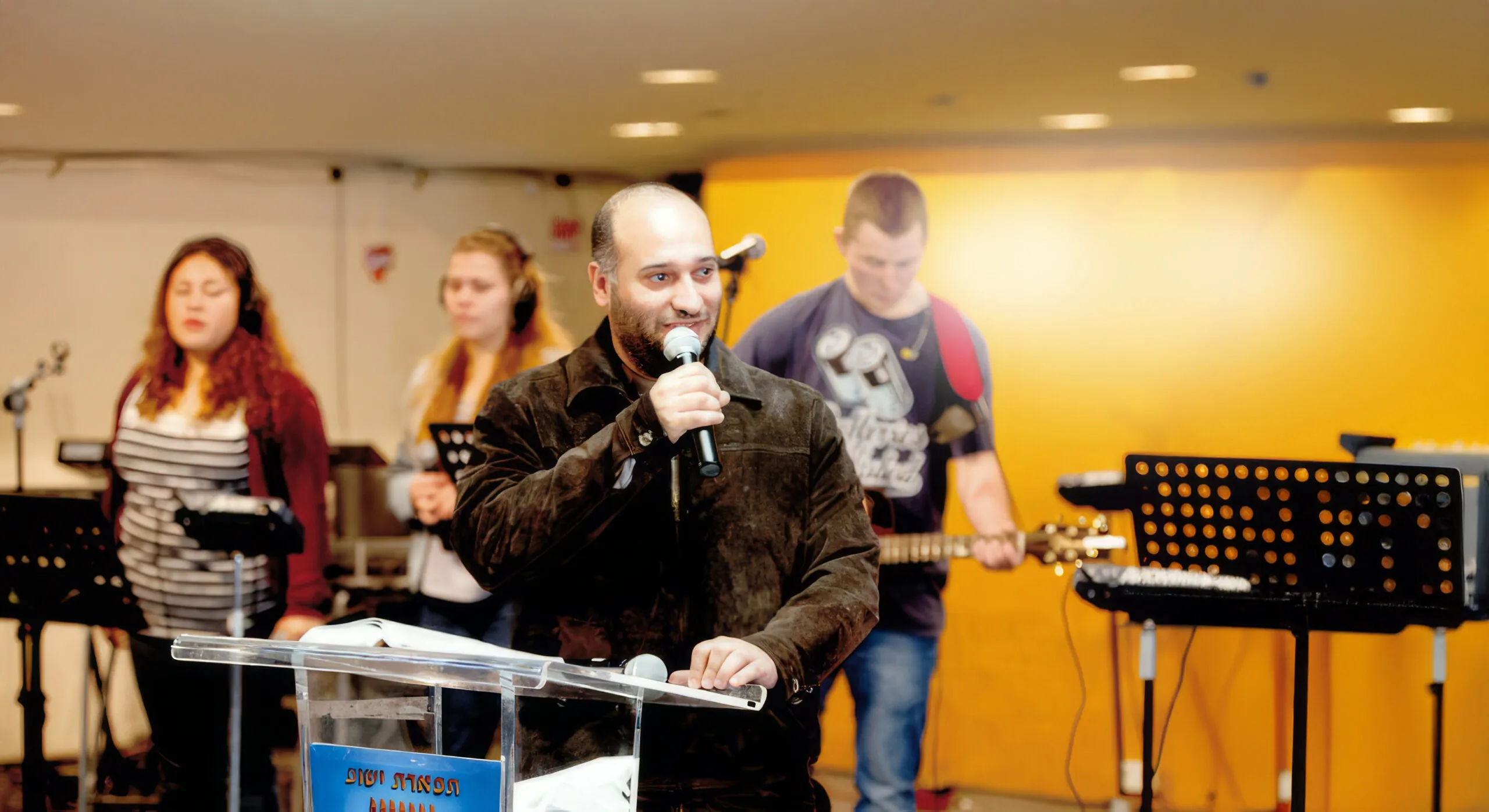
Israel’s First Indigenous Pastor?
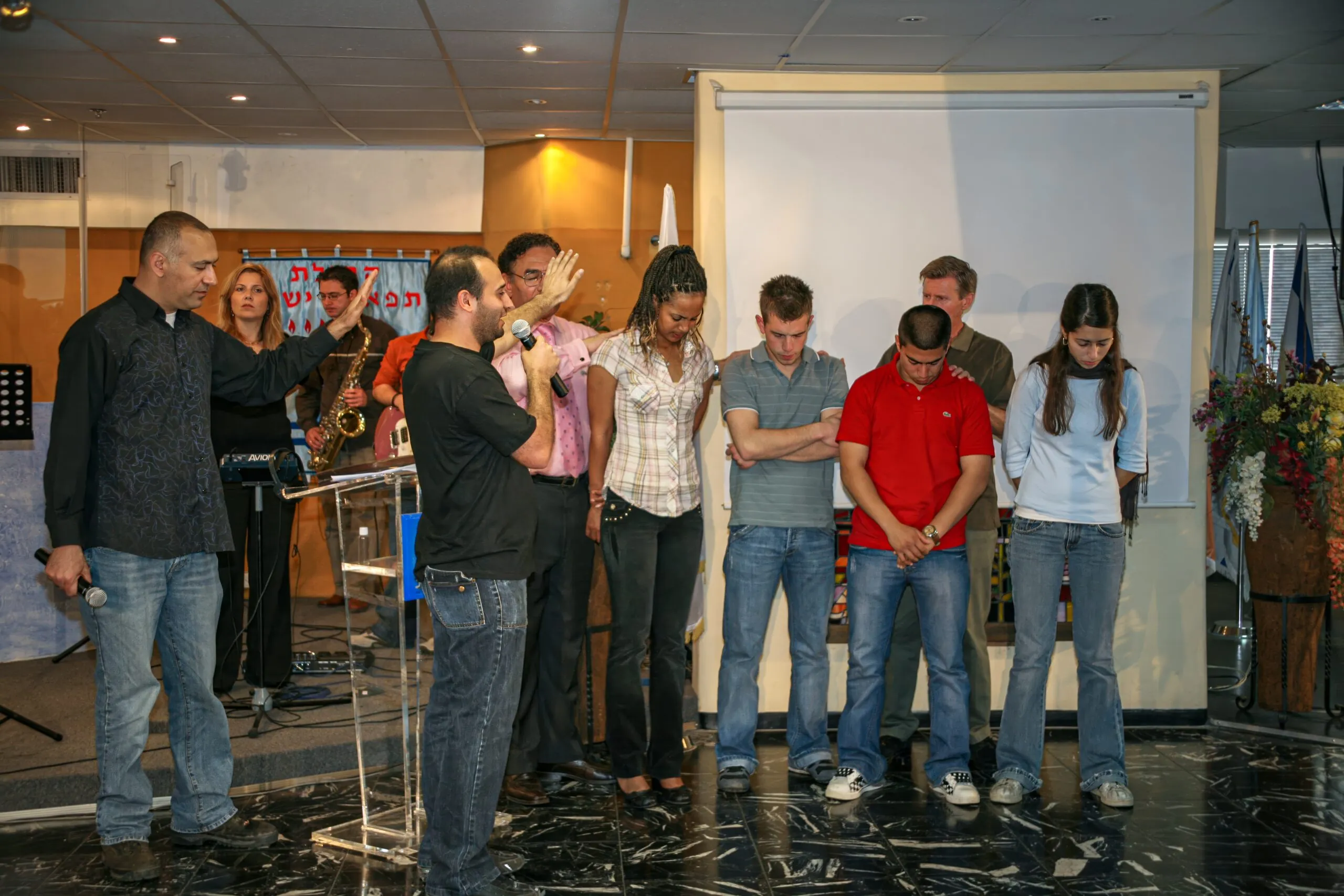
Rooted and Rising in Israel
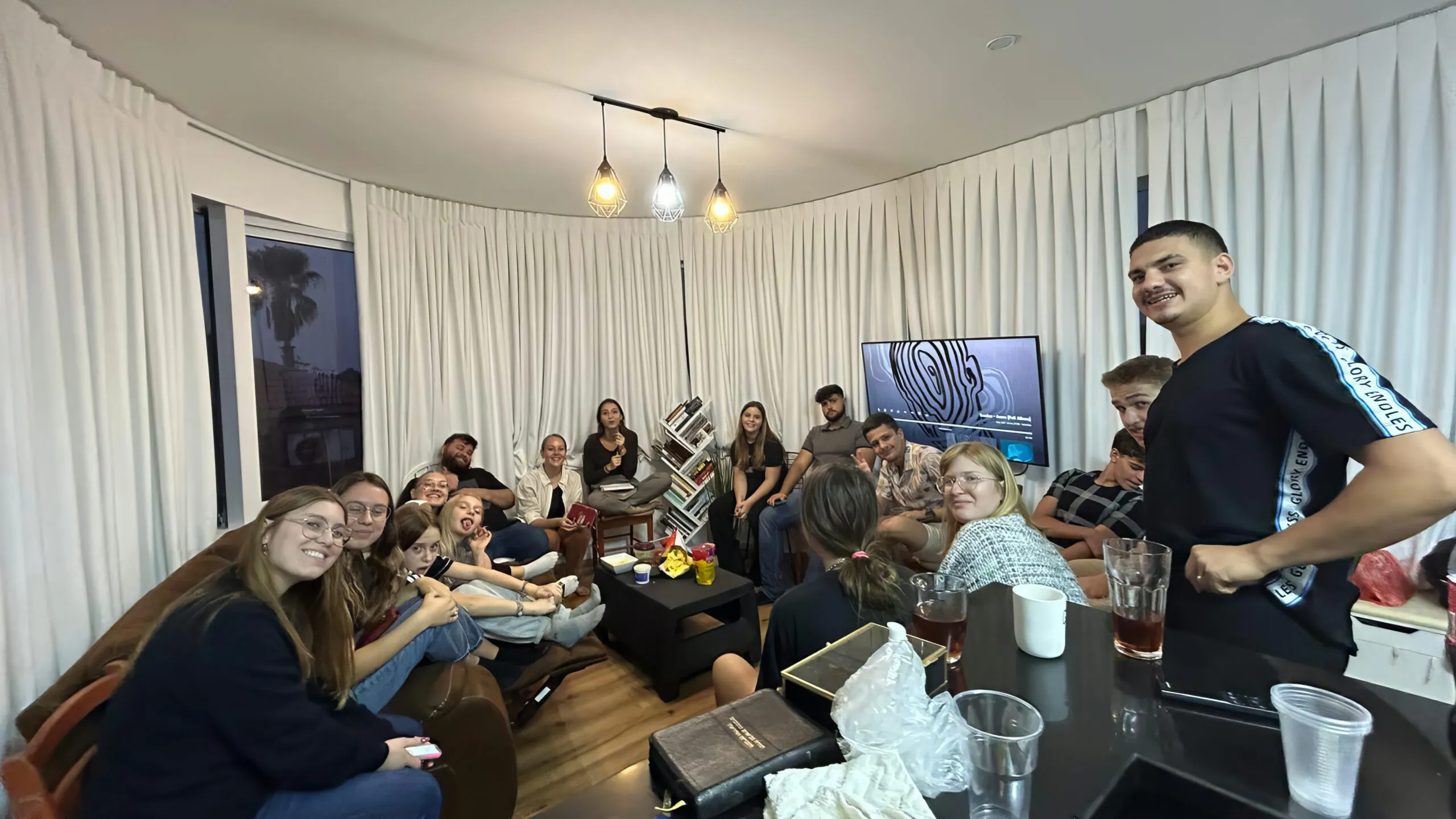
A New Generation Rises

Leaders in the Making

Free Gaza
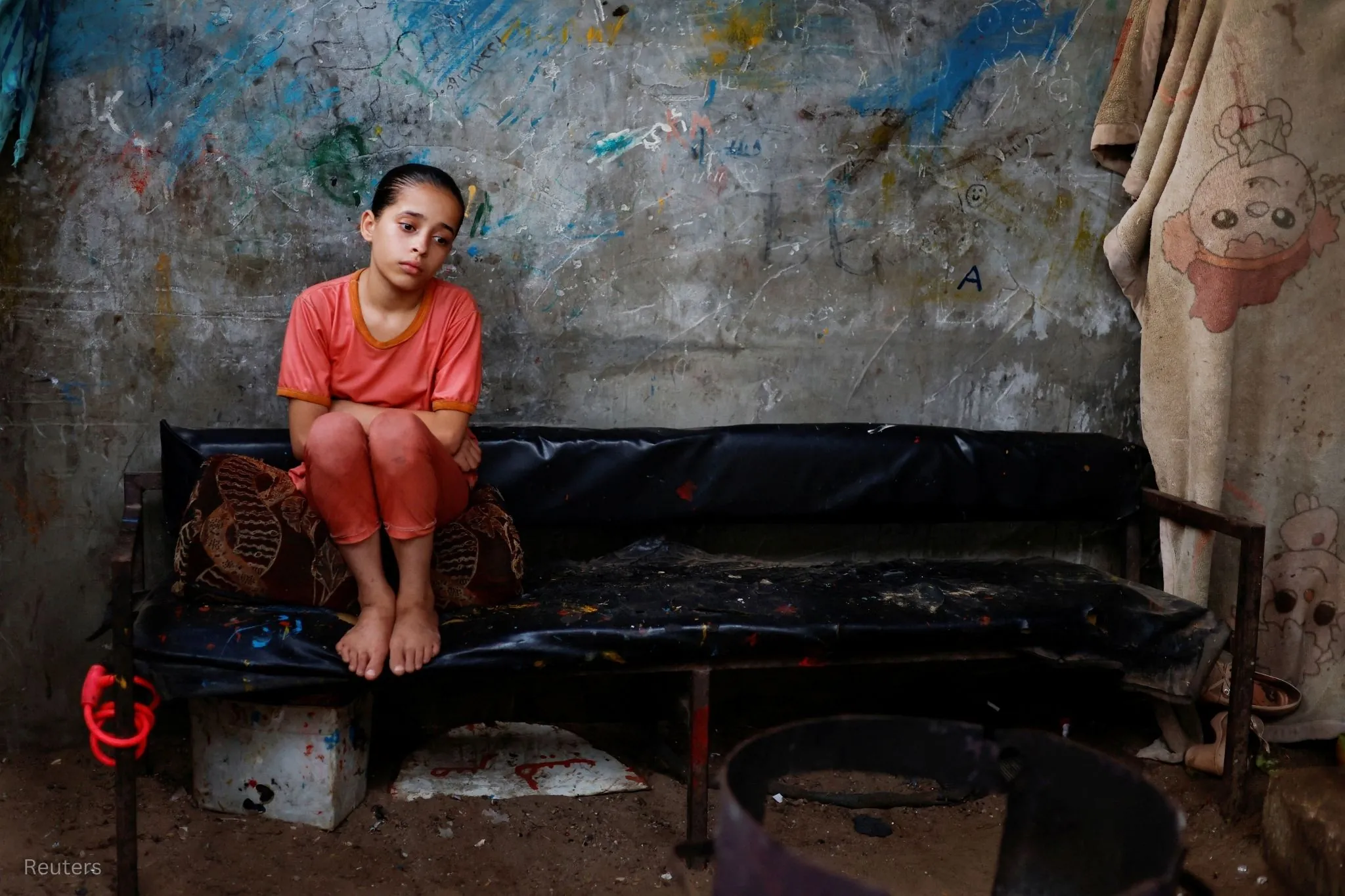
Bringing Light Beyond Borders
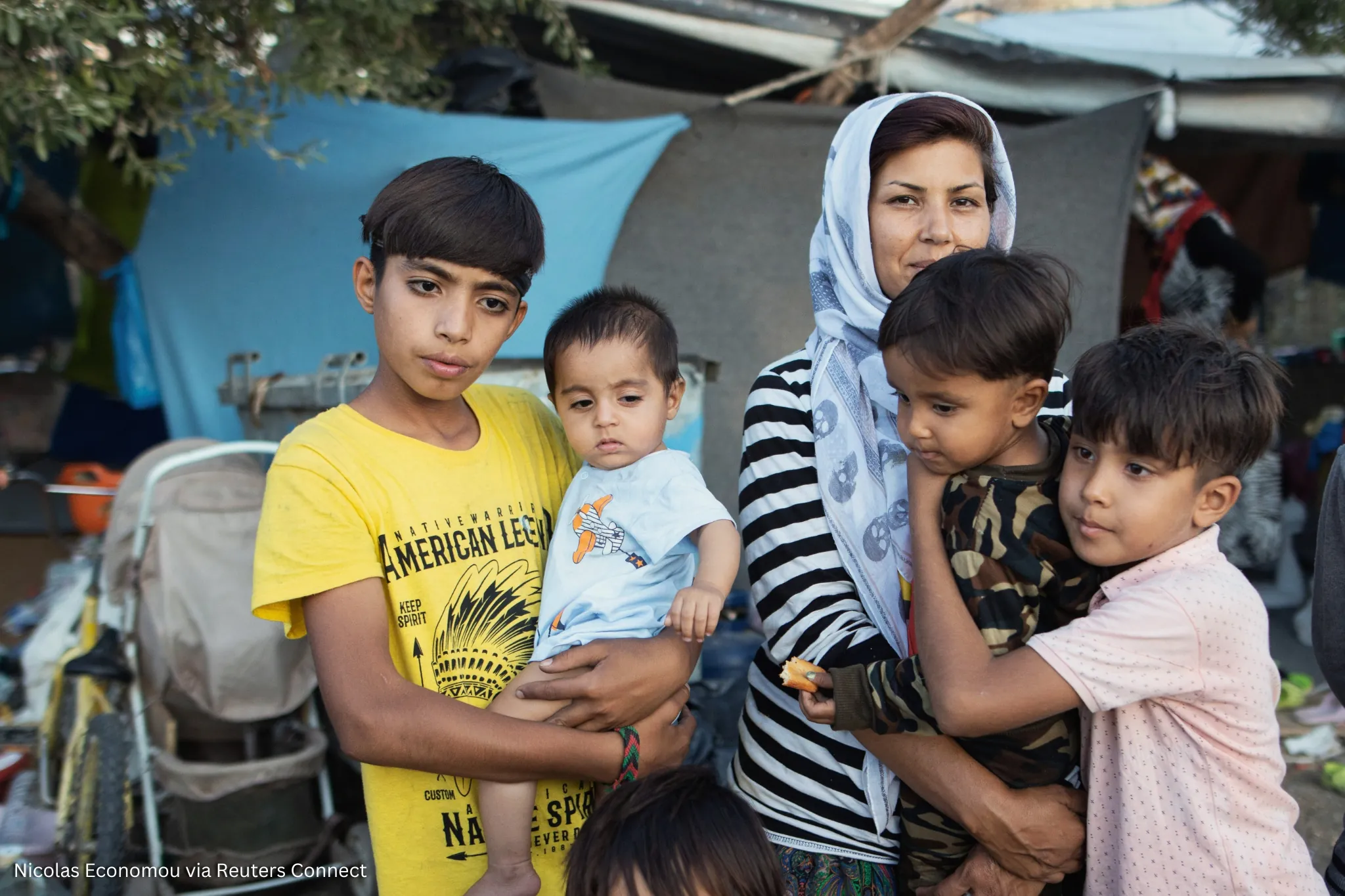
From Crisis to Christ


